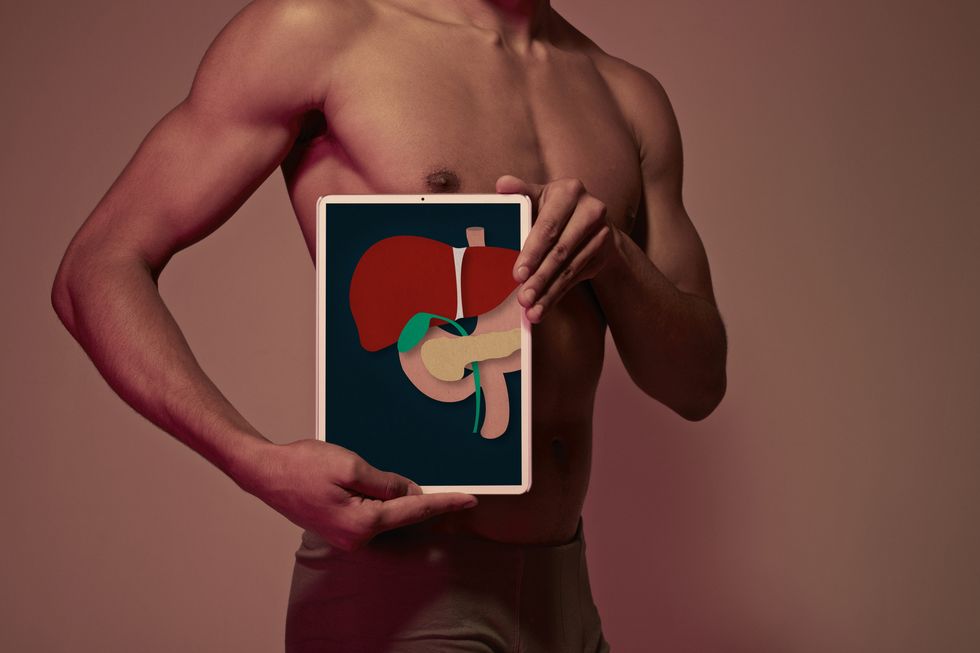Statement by Dr Hans Henri P. Kluge, WHO Regional Director for Europe
22 September 2021
Ladies and gentlemen,
As the Director-General of WHO just mentioned, every single year, exposure to both ambient and indoor air pollution is estimated to cause more than 7 million deaths globally and millions more of healthy years of life lost. This burden of disease is large, it is growing, and makes air pollution the single most important environmental risk factor for our health. It is one of the leading risk factors for noncommunicable diseases, which continue to increase worldwide as a result of ageing populations and changes in lifestyle.
Everybody on the planet has the fundamental right to breathe clean air. Like most environmental factors, air pollution does not respect national boundaries. The nature of this challenge calls for an enhanced and immediate action, because clean air is a political choice and a societal responsibility.
Today, we launch the new WHO Global Air Quality Guidelines; a key step in that global response. Based on the systematic review of accumulated evidence, they provide recommendations on air quality guideline levels to protect public health for six key air pollutants.
These guidelines serve as an up-to-date reference for policies and actions to assess the health impact of air pollution on populations, for the benefit of better health across the world, especially for vulnerable populations.
The last time WHO published air quality guidelines was in 2006. In the 15 years since, there has been a substantial increase in evidence of how and to what degree air pollution affects different aspects of human health. For that reason, and after a thorough systematic review of this accumulated evidence, almost all the updated guidelines levels are now lower than they were 15 years ago.
We know that for many countries this places the bar even higher than before. However, these guidelines also provide interim targets to support a stepwise progress towards their achievement, and thus a gradual yet measurable public health benefits.
The next step is now for policymakers around the world to use these guidelines to develop evidence-informed policies to decrease the unacceptable health burden that results from air pollution exposure. The urgent actions that are needed require sustained political commitment and cooperation of various sectors and stakeholders.
There are two pieces of good news here:
The first is that almost all efforts to improve air quality can enhance climate action, and almost all climate change mitigation efforts can in turn improve air quality, with immediate health benefits. This multiplies the return of investments into measures that simultaneously address both challenges while improving health.
The second is that with the important resources being mobilized around the world to recover from the COVID-19 crisis, we have a unique window of opportunity to “build forward better” towards a healthy and green recovery.
In this context, the guidelines provide a robust health argument that goes hand-in-hand with the global fight against climate change and environmental pollution.
We are extremely grateful to all the scientists, colleagues and partners around the world who have contributed time and resources to produce these guidelines.
I am immensely proud that their development has been overseen by a steering group hosted by our WHO European Centre for Environment and Health in Germany, continuing the long tradition that the Centre has provided to coordinating this important normative work of the WHO since the mid-1980s.
Dr Dorota Jarosińska, who coordinated this work/efforts joins us today from our office in Bonn to answer your questions. A big thank you to you and your team, Dorota!
Together, we can improve air quality while protecting and improving our health, and the health of the generations to come.
I now leave you in the very capable hands of the experts behind this landmark document to answer your questions.
Thank you.
Note: This article have been indexed to our site. We do not claim legitimacy, ownership or copyright of any of the content above. To see the article at original source Click Here

.jpg)











